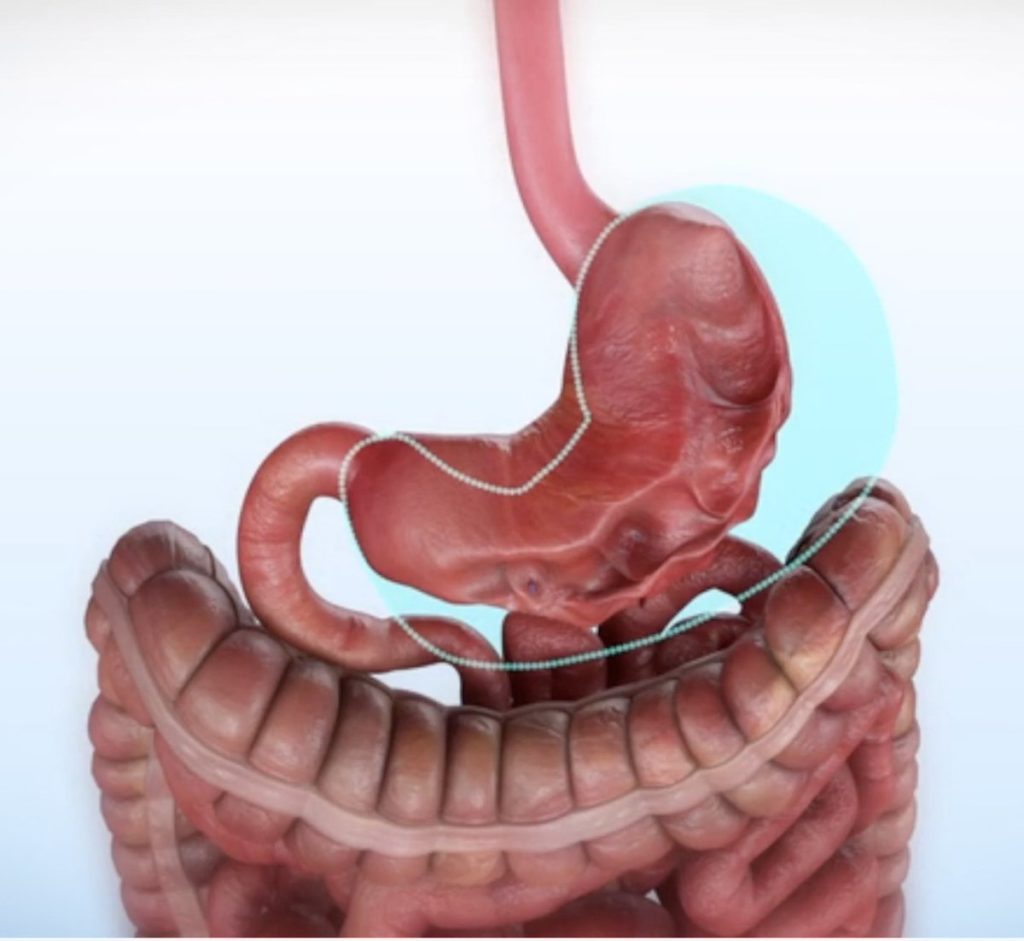Metabolism: it’s a term frequently thrown around in discussions about health, fitness, and weight management, but what exactly does it entail, and why is it so crucial to our overall well-being? In simple terms, metabolism refers to the complex series of chemical processes that occur within the body to convert food and drink into energy. It’s essentially the engine that powers our biological functions, from breathing and circulation to movement and digestion. Books by Dr Brian Fertig help understand how metabolism works can provide valuable insights into maintaining a healthy lifestyle and achieving our wellness goals.
At its core, metabolism can be divided into two primary components: catabolism and anabolism. Catabolism involves the breakdown of complex molecules (such as carbohydrates, fats, and proteins) into simpler substances, releasing energy in the process. This energy is then utilized to fuel various physiological activities, such as cellular respiration and muscle contraction. On the other hand, anabolism encompasses the synthesis of complex molecules from simpler substances, requiring energy input. This process is responsible for building and repairing tissues, as well as storing energy for future use.
Several factors influence an individual’s metabolic rate, or the speed at which their body converts food into energy. Genetics play a significant role, as some people are naturally predisposed to have a faster or slower metabolism based on their inherited traits. Age also plays a role, with metabolism generally slowing down as we get older due to decreases in muscle mass and hormonal changes. Additionally, body composition, activity level, and dietary habits all influence metabolic rate, with factors such as muscle mass, physical activity, and meal timing playing significant roles.
Muscle mass is particularly important in determining metabolic rate, as muscle tissue requires more energy to maintain than fat tissue. Therefore, individuals with a higher proportion of muscle mass tend to have a higher basal metabolic rate (BMR), meaning they burn more calories at rest. This is why strength training and resistance exercises are often recommended for boosting metabolism and promoting weight loss. Regular physical activity, in general, also helps to increase metabolic rate by stimulating the body’s energy expenditure and promoting fat oxidation.
Dietary habits also play a crucial role in regulating metabolism. Certain foods and beverages, such as caffeine and spicy foods, have been shown to temporarily boost metabolic rate through mechanisms such as increased thermogenesis. Additionally, eating frequent, balanced meals throughout the day can help to keep metabolism running smoothly by providing a steady source of energy and preventing fluctuations in blood sugar levels. Conversely, crash diets or prolonged fasting can slow down metabolism as the body adapts to conserve energy in response to perceived starvation.
Despite popular belief, there’s no magic pill or quick fix for boosting metabolism. While certain supplements or medications may claim to enhance metabolic rate, their effectiveness is often limited, and they may come with potential risks or side effects. Instead, the most sustainable approach to optimizing metabolism involves adopting a balanced lifestyle that includes regular physical activity, a nutritious diet, adequate hydration, and sufficient rest and recovery.
In conclusion, metabolism serves as the foundation for countless physiological processes within the body, playing a central role in energy production, nutrient utilization, and overall health. By understanding the factors that influence metabolism and adopting healthy lifestyle habits, individuals can support their body’s natural metabolic function and unlock their full potential for vitality and well-being. Remember, a well-nourished and active body is like a well-oiled machine – capable of running smoothly and efficiently for years to come.





